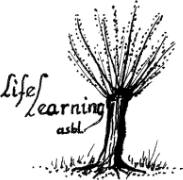Life Learning in daily life
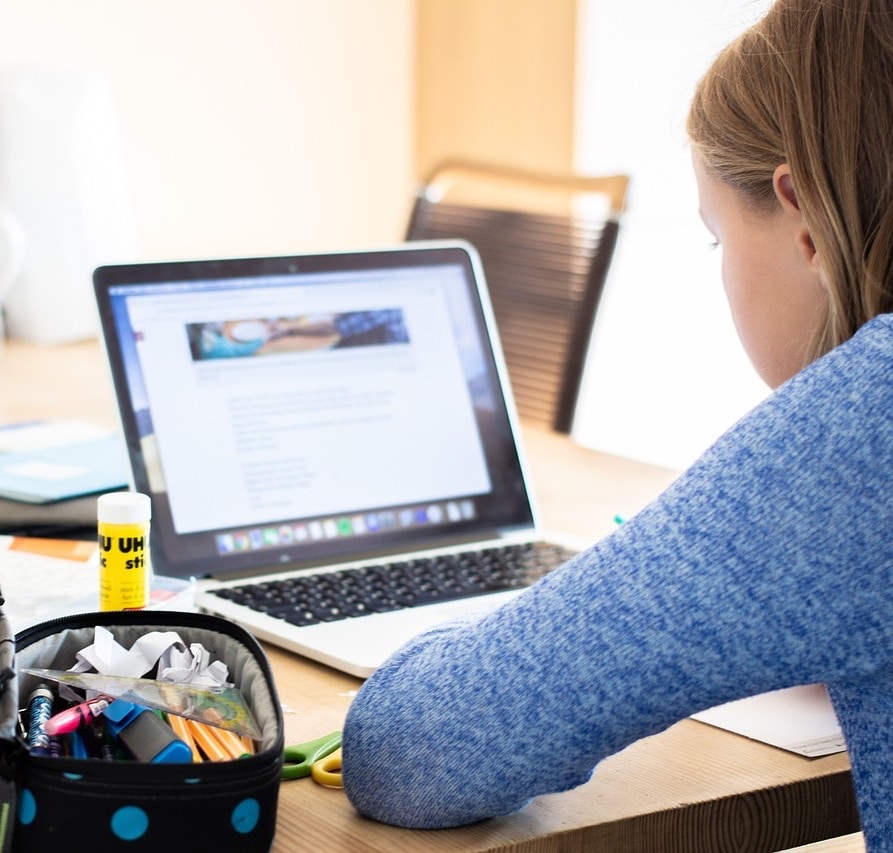
Each young person studies about three subjects per week using the textbooks recommended by the Flemish Community, ‘Edulogos’ courses, ‘INzicht’ learning tools (paid), and/or selected free online courses.
Solution manuals allow them to assess their mastery of the material as they progress through the exercises. When a student doesn’t understand and cannot find the answer to a problem on his own, the group steps in. The adult or other teenagers are happy to explain what is difficult or seems impossible to solve by oneself. Often, younger students take the opportunity to get a taste of the subjects they will study in the following years. Thus, a student reviewing their course can test their knowledge and enhance their ability to explain it to other young people.
The choice of exams is made based on the young person’s aspirations, in consultation with their parents.
Most of them first need to regain self-confidence. Some feel ready to complete their degree in a few months. Depending on the needs, on a case-by-case basis, the assistance of an external teacher may be sought.
To the extent possible and considering the exam schedule, we organize outdoor days to broaden the field of knowledge. It should be noted that meals are taken together to encourage a spirit of sharing. Regular presence in the vegetable garden ensures a supply of fresh fruits and vegetables. Since September 2022, mobile phones are set aside in a cupboard. Computers and tablets are allowed for studying. In case of emergency, parents can always contact the Life Learning team.
Presentation of Spaces
The organization has three study rooms and several areas for relaxation or creativity. A large multipurpose room hosts activities such as dance, theater, singing, and martial arts. It is accessible to young people according to their wishes and the chosen program, in consultation with their parents and coach.
Life Learning also offers a garden for recharging and access to a small forest. Nature is a source of peace. Young people are free to go there to draw strength and wisdom. It teaches us to breathe deeply. By arousing wonder, it helps us refocus on our rightful place in the universe.
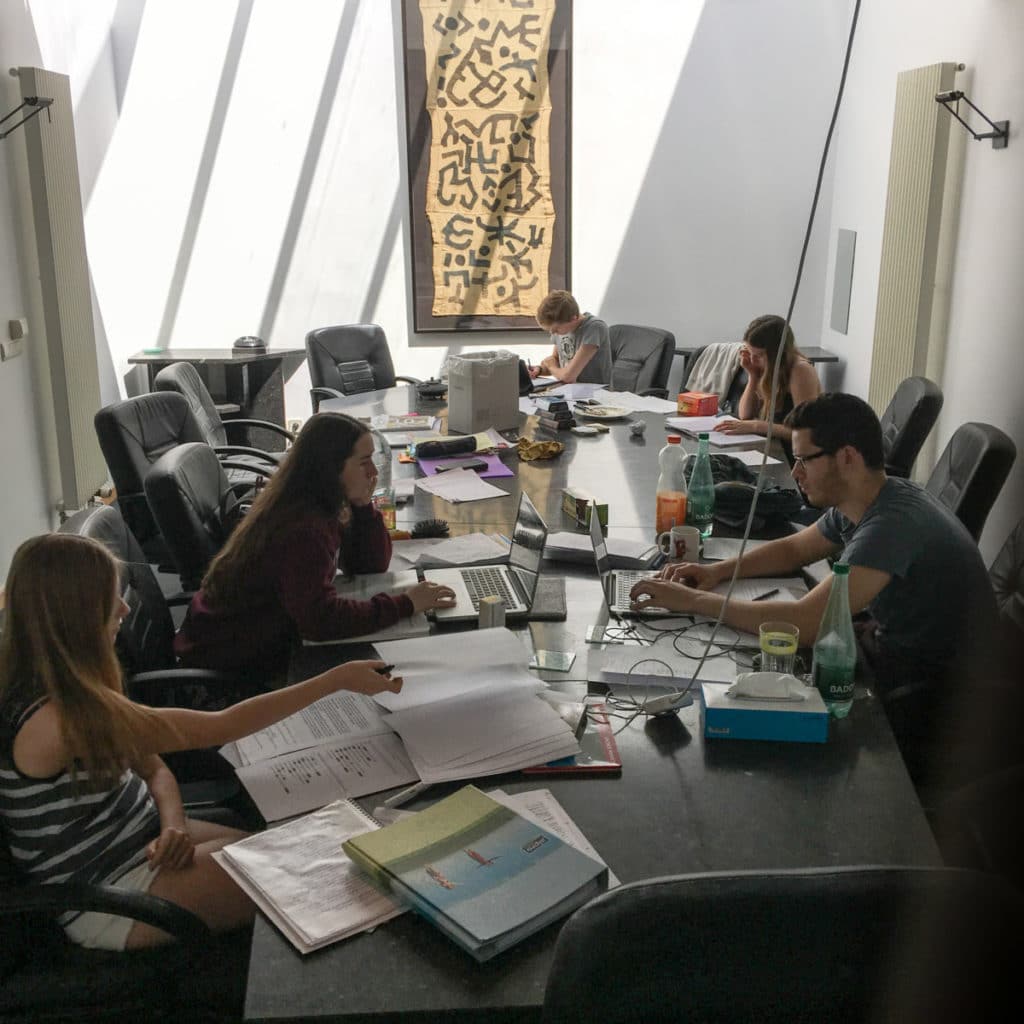
Registration Procedures

Parents who entrust their child to us must first register them with ‘Huisonderwijs’ at the ‘Locket Onderwijs’ of the Vlaamse Gemeenschap and participate in an information session for registration with the ‘Examencommissie’.
Registration with the Life Learning nonprofit association is annual. Young people are expected 4 days a week (Monday, Tuesday, Thursday, and Friday).
Official Holiday follow the Belgian French speaking school calendar.
Membership Fees
The Life Learning nonprofit organization makes every effort to minimize its operating costs. However, it faces several significant expenses: renting and equipping study and relaxation spaces (3 study rooms, 1 large multipurpose room, toilets, kitchenette, billiards room, garden, vegetable garden, meditation hut, ping-pong terrace …), educational tools (textbooks, exercise books, the ‘Edulogos’ online learning platform, sample exam questions…), utilities (water, electricity, internet connection), maintenance costs, and extended liability insurance.
In addition, there are management costs for the organization (daily reception and coaching by two employees, parental support, maintenance of educational tools, volunteer supervision, welcoming new members, communication, online promotion, administrative management, board secretariat, accounting, social secretariat …)
The specific fees can be obtained from the organization.
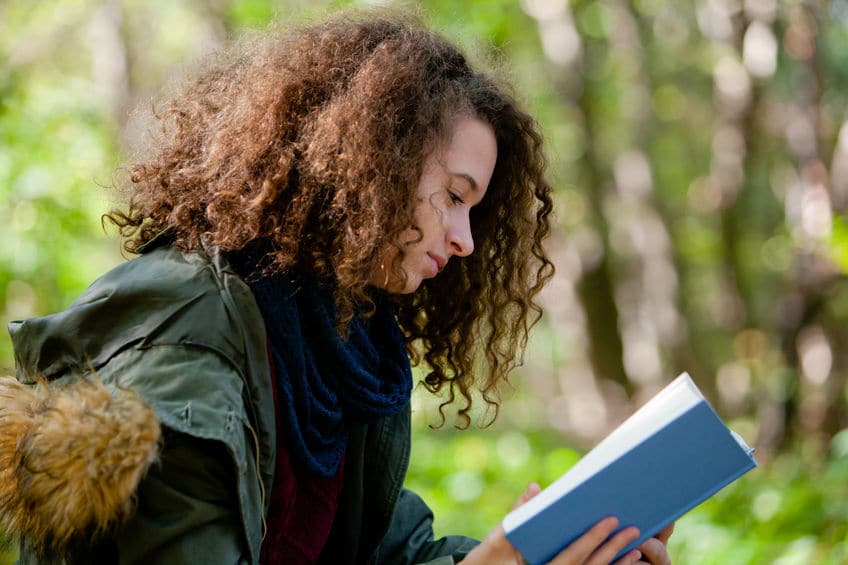
Warnings
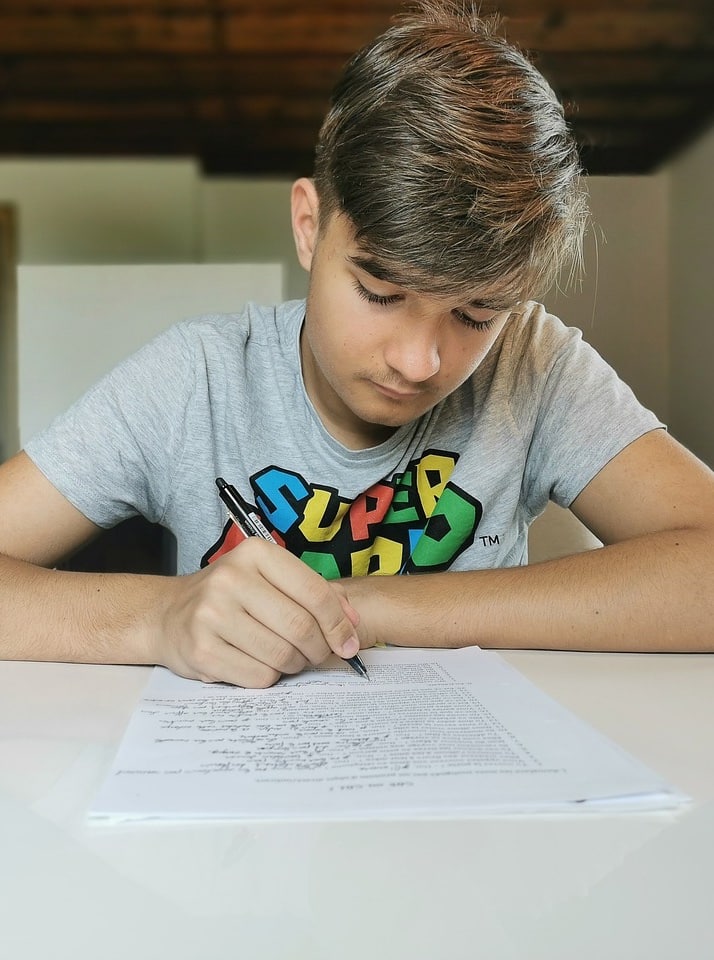
Unfortunately, there is a drawback to this learning method: the ‘Examencommissie’ sets the bar very high.
The amount of material to be learned for the ASO diploma is substantial, as each exam covers two years of material. This memorization or assimilation effort may require more time for some young people. That is why we also offer the TSO option to students, which is more accessible while still providing the same access to higher education.
The ‘Examencommissie’ offers students up to six exam dates (of their choice) per subject for each school year (upon registration and depending on the number of open slots on the calendar). Therefore, the hurdle is a priori easier to overcome than on the French-speaking side (which combines all exams in two annual sessions). The requirements of the examiners are quite high, but it seems to us that this is an appropriate choice for young people whose learning abilities are greater than they believe when they come to us.
Often, students point to the kindness experienced at Life Learning as a key factor in their emotional reconstruction and the discovery of their innate learning abilities.
